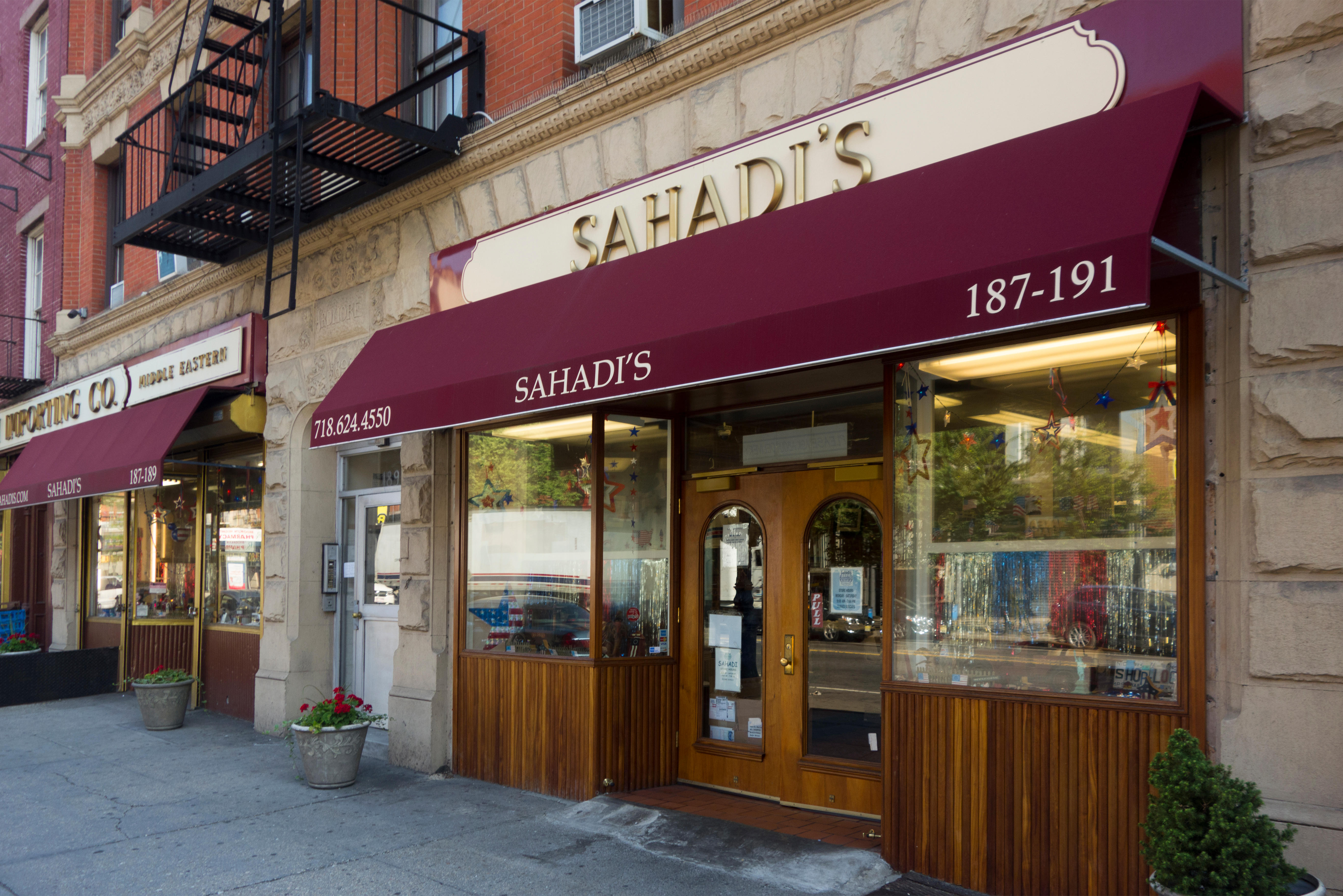It’s hard to make it to adulthood in America without learning a thing or two about insurance. Whether it’s finding auto-policies for your car or searching for affordable health insurance, the range of types and cost of insurance can be overwhelming.
So why should you have insurance? What types of insurance does your specialty food business need? Here are a couple of surprising reasons for insuring your store and property that you might not have considered:
You interact face-to-face with your customers
If your business involves interacting face-to-face with your clients, general liability coverage is important. General liability insurance covers the cost of medical or legal fees that you may incur due to damage to a customer’s property, if a customer slips and falls in your store, or otherwise injures themselves on something on your premises. General liability insurance will not only cover your actions as the business owner, but also the actions of your employees, both full-time and part-time.
Your employees need coverage
If you have employees, worker’s compensation insurance is a must-have (in most states, you can’t hire an employee without it). It covers more than you might know, and certainly more than you want to have to pay for yourself. Work-related injuries are often thought of as things that happen over a short period of time – your electrician gets electrocuted by a live wire, or a box falls off a tall shelf and hits one of your employees in the head. Your worker’s compensation insurance can also cover their hospital stays, medical expenses, and lost wages. However, injuries that build up over long periods of time, such as carpal tunnel in workers who spend most of their time on computers, are also covered by workers compensation insurance. Most worker’s compensation plans will also cover the legal expenses if an employee files a lawsuit over a work-related injury that isn’t covered by your specific plan.
You store client information online
It is undeniable that we are living in the age of data, and with advancing technology comes great responsibility. When all of your client information – names, birthdays, medical conditions, credit card information, social security numbers – can be held in a drive the size of a nickel, that drive is worth far more than a nickel. Cybersecurity insurance can help you in the event of a data breach. Most plans cover everything from the notification of affected customers, the cost of regaining access to your data, and hiring an expert to protect your business from being a victim of cyber-crime again.
You use your personal car for business purposes
If you use your personal car for business purposes, and get into an accident on the job, you may be shocked to find out that your personal auto insurance policy does not cover incidents resulting from business usage. Your personal auto policy was priced for private use, and since cars used for business are exposed to greater risk, a separate insurance policy is required to cover your business vehicle – even if it’s the same car. And this doesn’t just mean your delivery truck. Any car used for business purposes, from the car you run errands in to your trailer, needs commercial automobile insurance. Commercial automobile insurance coverage is similar to your personal plan – it will cover physical damage, collision coverage, and medical expenses as the result of a car crash.
Your business gets sued
Unfortunately, lawsuits come with the territory of owning a business, no matter how ridiculous the claims may seem. If your business is registered as an LLC, your business is being sued; not you as the business owner. However, there are actually a number of reasons you could be found personally liable: you cosigned your business loan, pledged personal assets as collateral on the loan, or a creditor accuses your LLC of being created only to provide liability protection (better known as “piercing the corporate veil”). That’s where professional liability insurance comes in – this type of insurance is sometimes known as “errors and omissions” insurance, or “E&O.” E&O insurance can cover the cost of a civil lawsuit against your business, protecting your personal assets from any financial responsibility incurred by your business.
You’re hit by a natural disaste
Natural disasters happen, and there’s nothing you can do about it. You may be out of work for days or weeks, depending on the severity of the situation. However, if you have business interruption insurance, your business won’t have to suffer. Business interruption insurance covers a vast majority of the costs associated with disaster, from the profits that would have been earned, a temporary location (if necessary), your fixed operating costs incurred while your business was interrupted, and more, depending on the specifics of your plan.
To protect your business against everything from an email virus to a hurricane and anything in between, many types of insurance are required. While these insurance policies might be costly, as a personal business owner, it’s possible that you are found personally responsible for the costs that would have been covered by your insurance policy, had you had one. In order to be a business owner, some of these insurance types are required, but this information varies from state-to-state.








